Starting strength training at home as a beginner can feel overwhelming—but it doesn’t have to be. With the right mindset, structure, and a few basic pieces of equipment (or none at all), you can build real strength from the comfort of your living room. This guide walks you through everything you need to know to begin your home strength training journey safely and effectively.
Why Strength Training at Home Works
You don’t need a fancy gym membership or rows of machines to get stronger. In fact, home-based strength training offers several benefits:
-
Convenience: No commute, no waiting for equipment.
-
Privacy: Exercise at your own pace without worrying about judgment.
-
Consistency: It’s easier to stick with a routine when it fits into your lifestyle.
For beginners, training at home also reduces the intimidation factor. You get to focus entirely on learning good form and building confidence.
Getting Started: What You Actually Need
The beauty of home strength training is that you can start with just your body weight. But a few small investments can enhance your workouts:
-
A yoga mat for comfort
-
A pair of adjustable dumbbells or resistance bands
-
A sturdy chair or step for support
That’s it. No racks, cables, or pulleys required.
A Beginner Strength Training Routine at Home
This simple routine can be done 3 days a week. It focuses on full-body strength using functional movements:
Warm-up (5–7 minutes)
-
March in place
-
Arm circles
-
Hip hinges
-
Dynamic stretches
Workout (2–3 rounds)
-
Bodyweight Squats – 10–15 reps
Builds lower-body strength and mobility. -
Incline Push-Ups (on a bench or table) – 8–12 reps
Strengthens the chest, shoulders, and arms. -
Glute Bridges – 12–15 reps
Excellent for glutes and lower back support. -
Bent-Over Rows with Dumbbells or Bands – 10 reps
Targets your upper back and posture muscles. -
Wall Sits – 30 seconds
Builds endurance in the legs and core. -
Plank Hold (knees or full) – 20–30 seconds
Core strength and stability booster.
Cool Down (5 minutes)
-
Gentle stretching for hamstrings, quads, chest, and shoulders
-
Deep breathing or a short meditation to bring your heart rate down
Progressing Safely Over Time
As your strength improves, so should your routine. Here’s how:
-
Increase reps or sets gradually
-
Add resistance (bands, dumbbells, or a weighted backpack)
-
Slow down your reps to build time under tension
-
Try new variations to keep workouts fresh and challenging
Listen to your body and never rush progress. Strength is a lifelong pursuit.
My First Month of Training at Home
I remember my own beginning vividly. I didn’t have any gear—just a mat and a determination to make a change. For the first few weeks, I followed a short bodyweight circuit every other day. I struggled with push-ups and couldn’t hold a plank for more than 15 seconds. But each week, I saw small wins: deeper squats, less soreness, better sleep.
By week four, I didn’t just feel stronger—I felt proud. That’s the hidden benefit of starting strength training at home: the shift in how you see yourself. Every rep builds not only muscle but confidence.
Final Thoughts: Start Small, Stay Consistent
If you’re new to strength training at home, keep it simple. Focus on mastering the basics, listening to your body, and staying consistent. You don’t need to lift heavy weights or spend hours training. A few intentional sessions each week can lay the foundation for lasting strength and health.
Every expert started as a beginner. So can you—right from your own home.


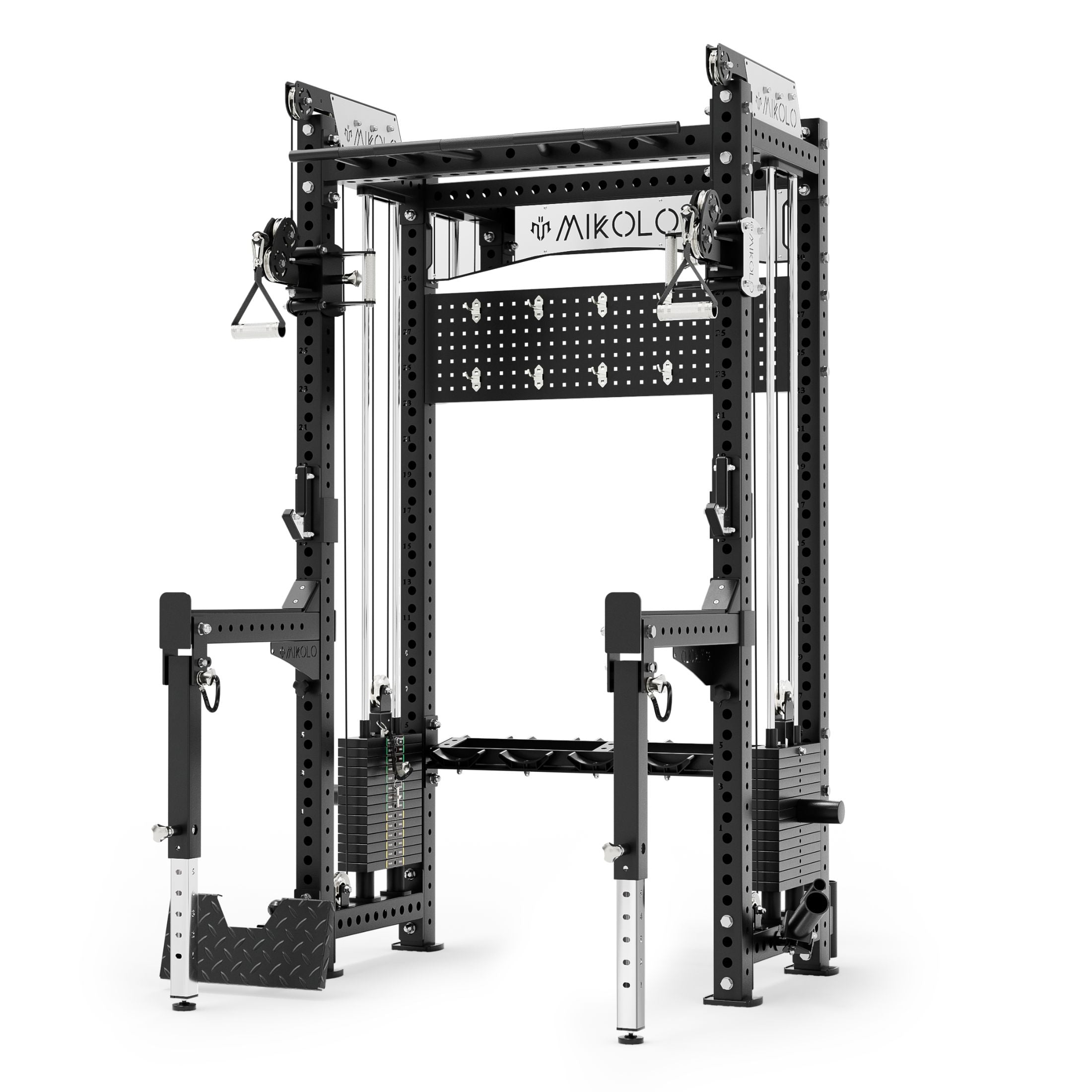
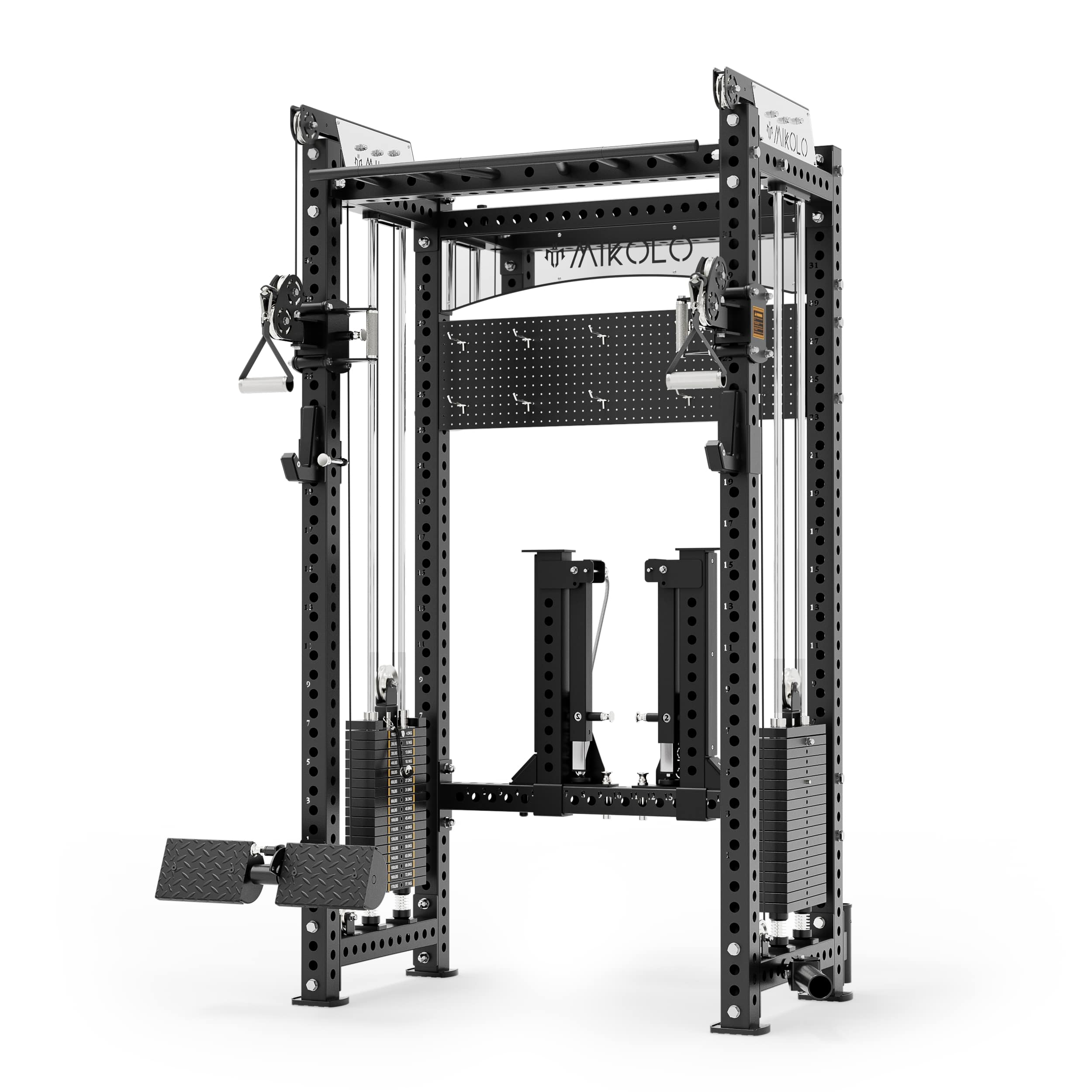
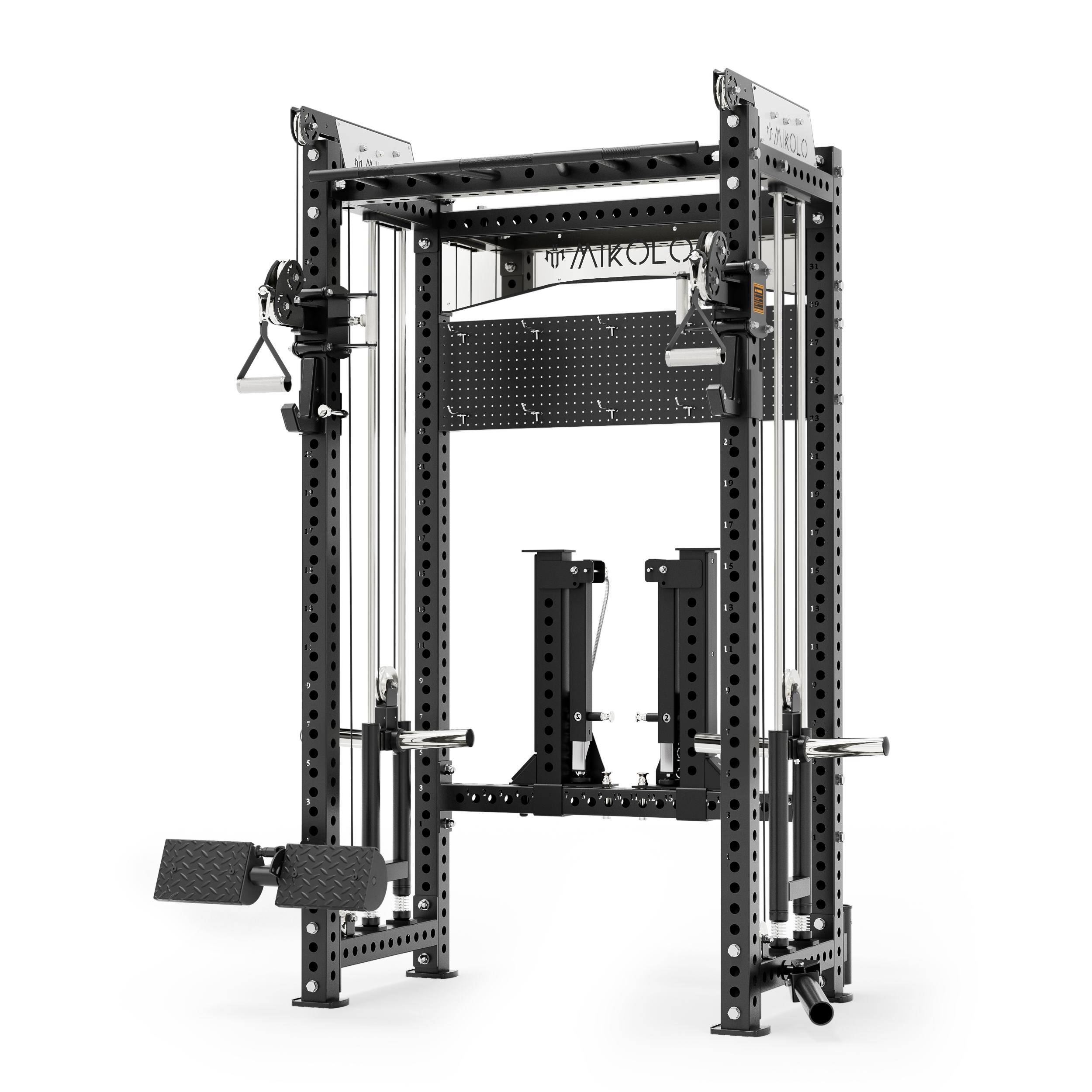


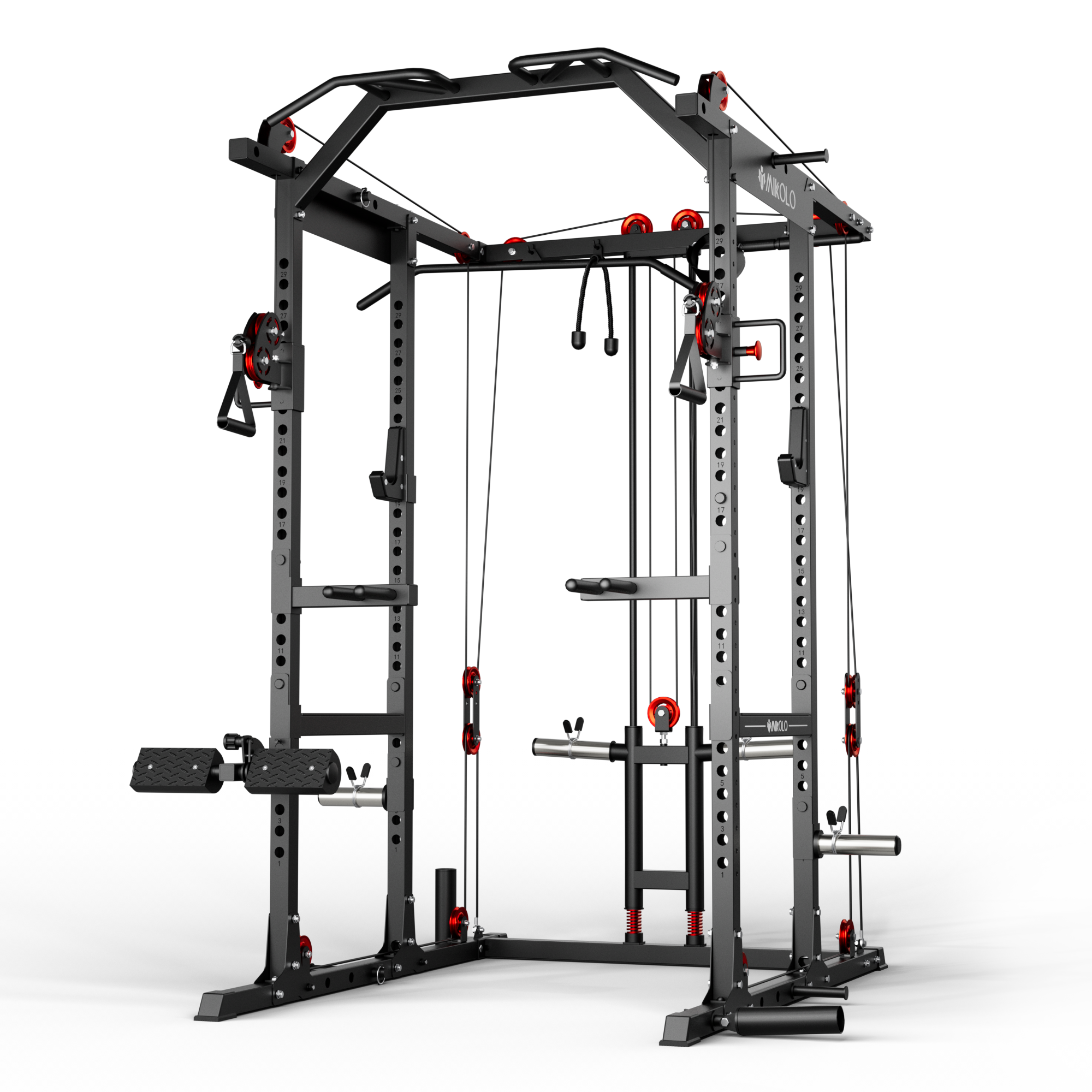


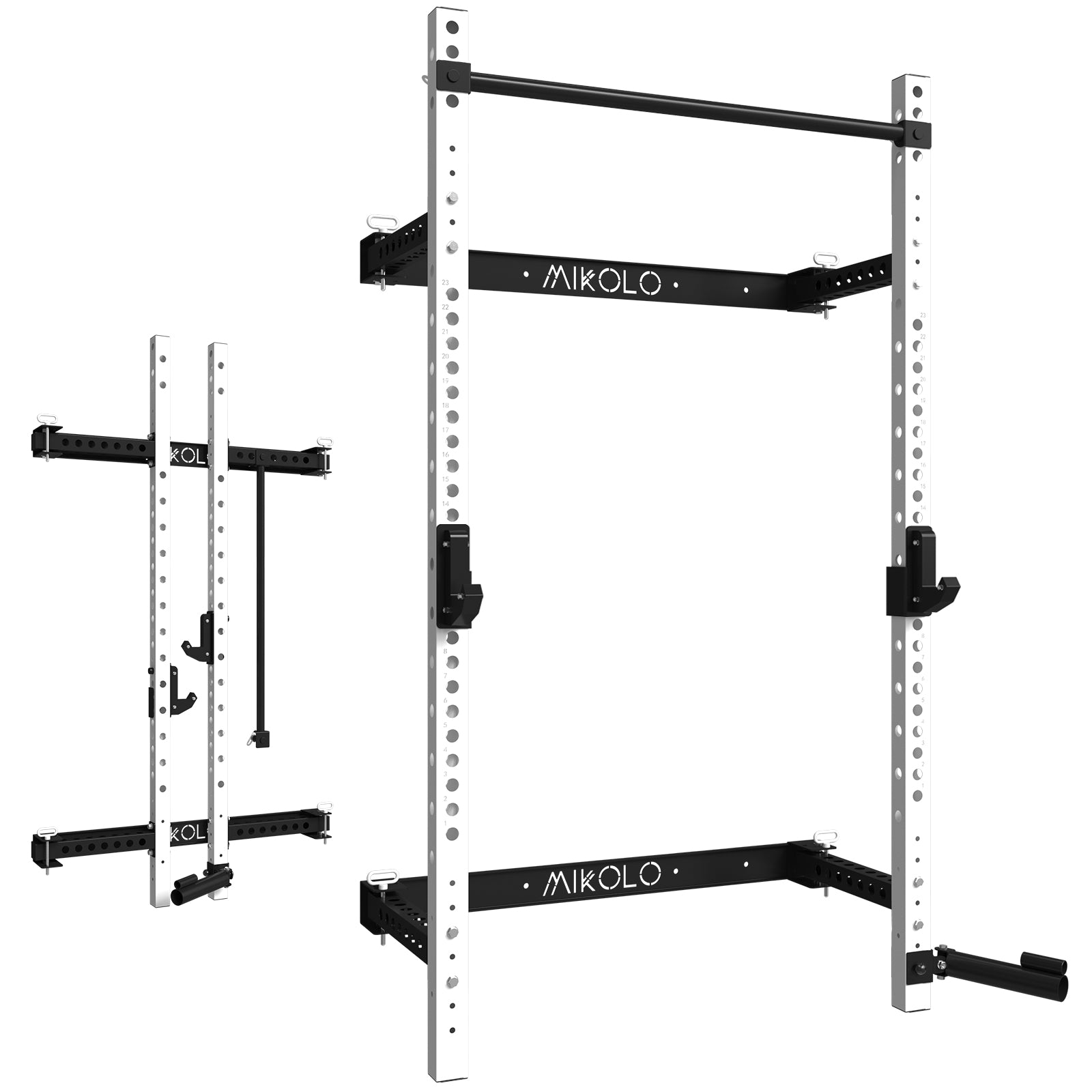


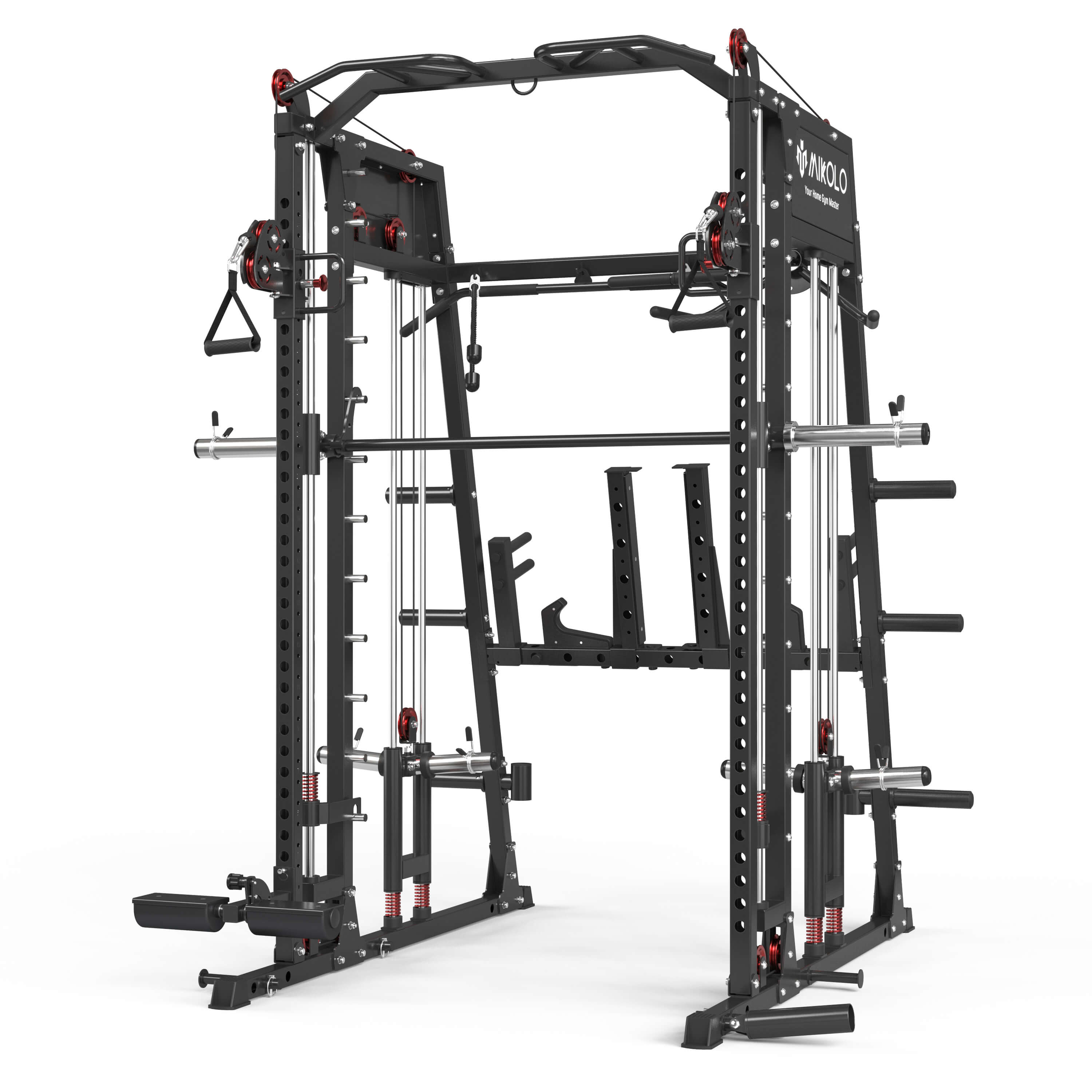
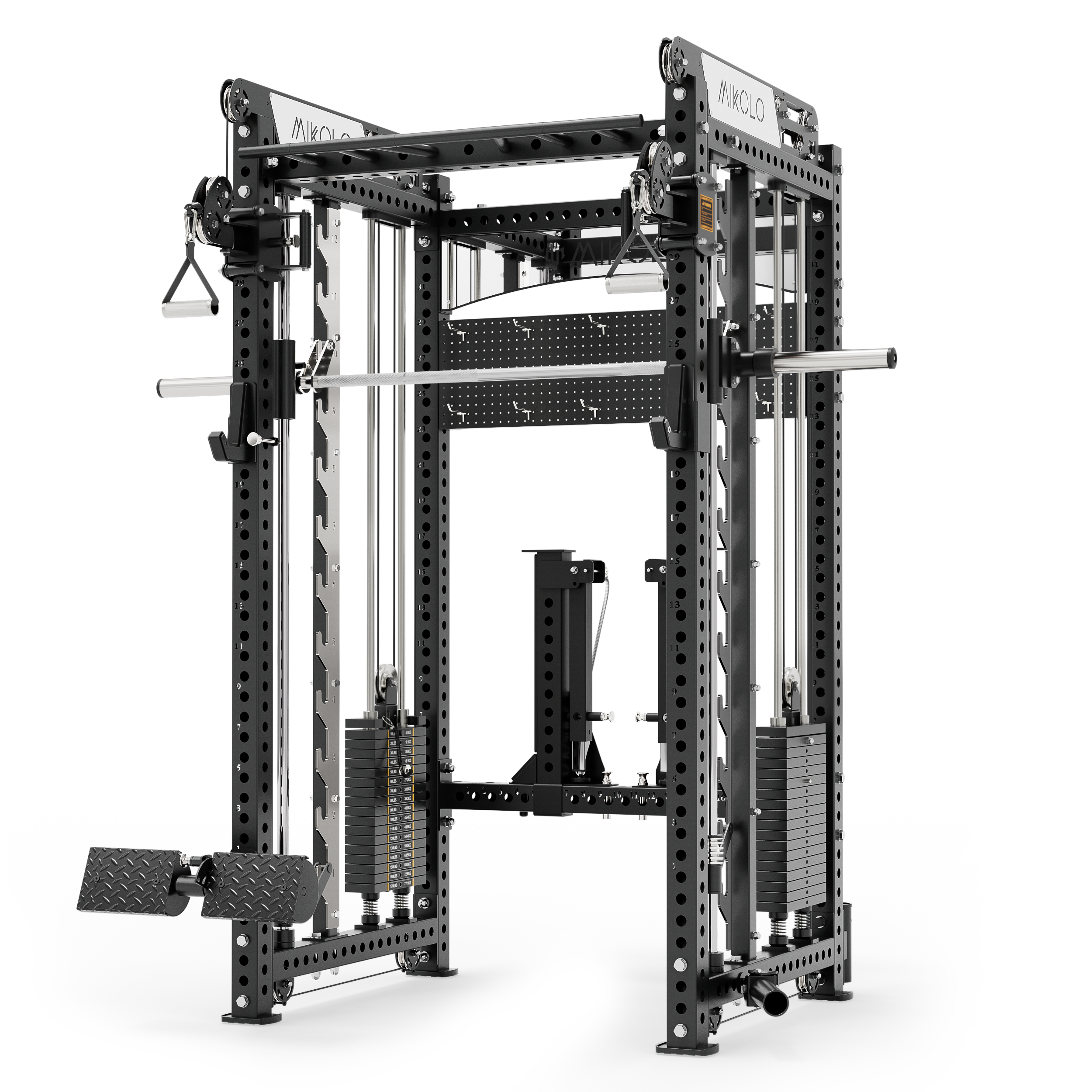
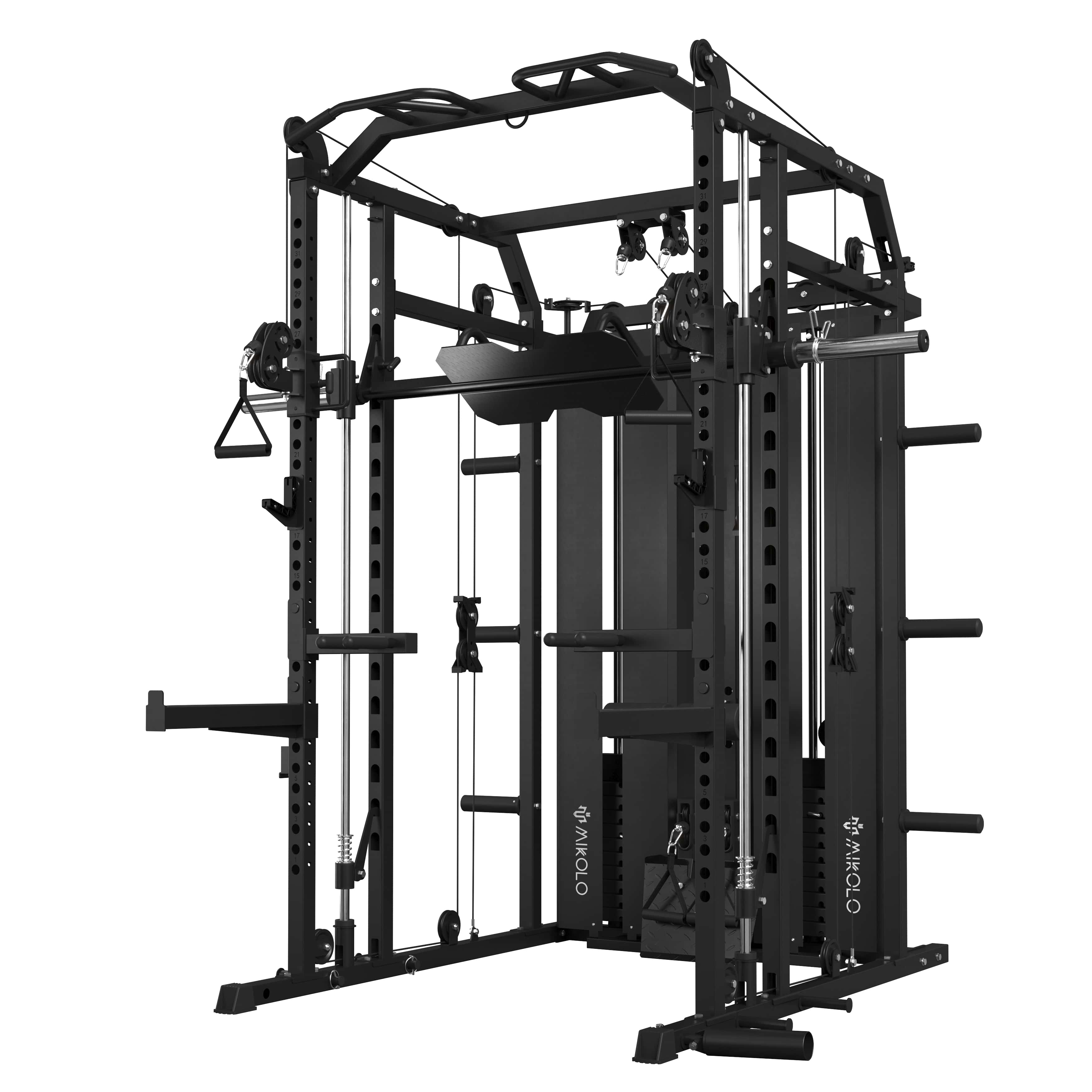
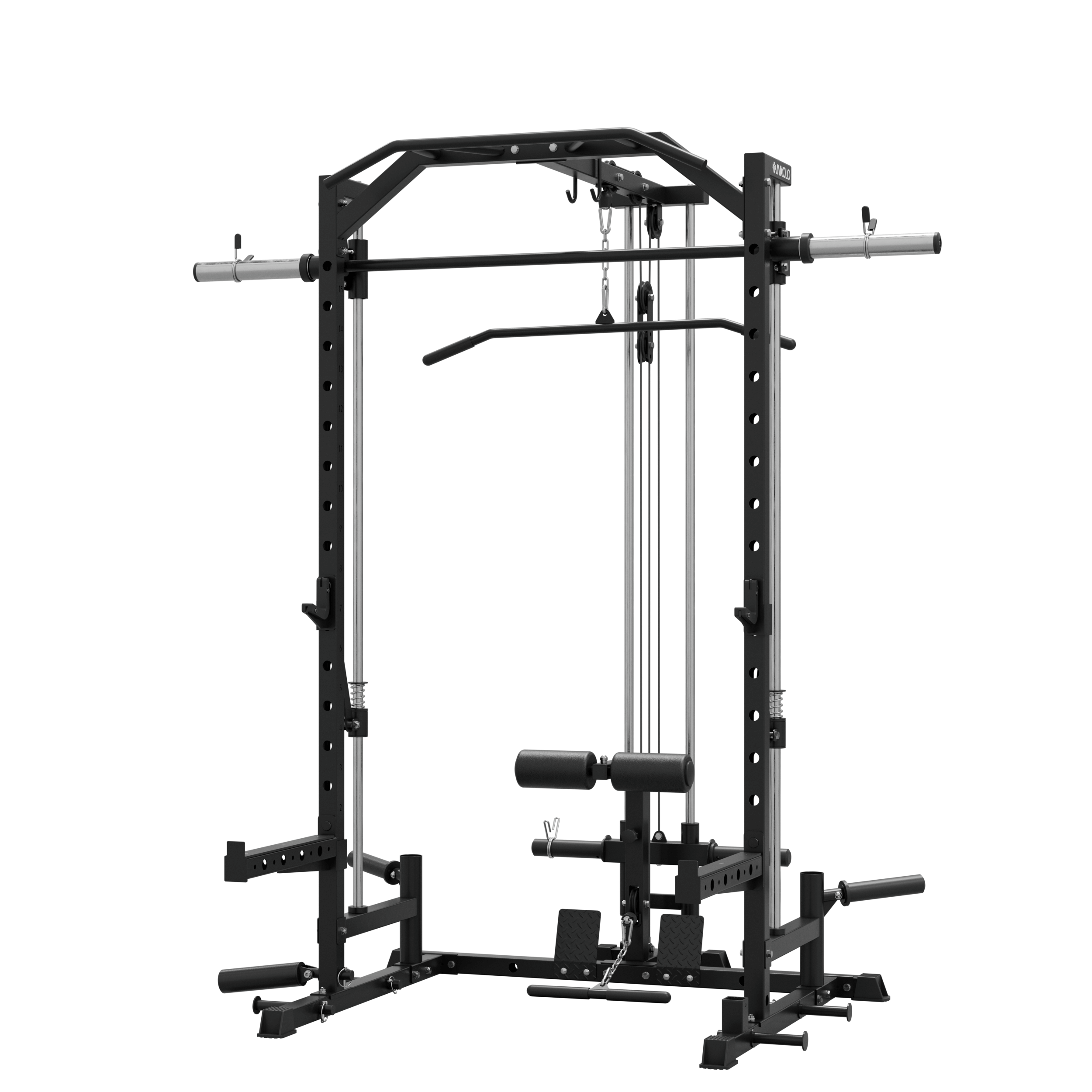
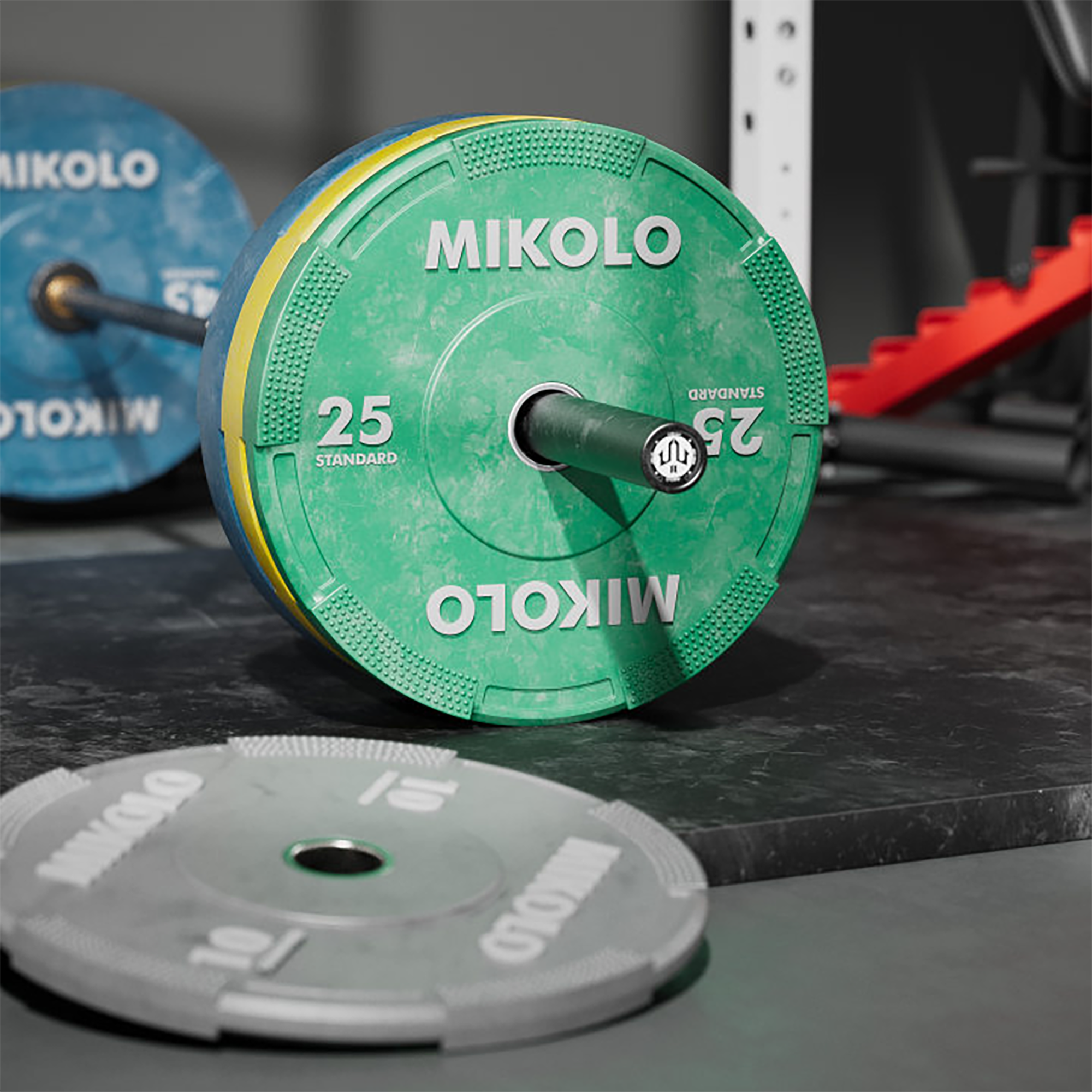


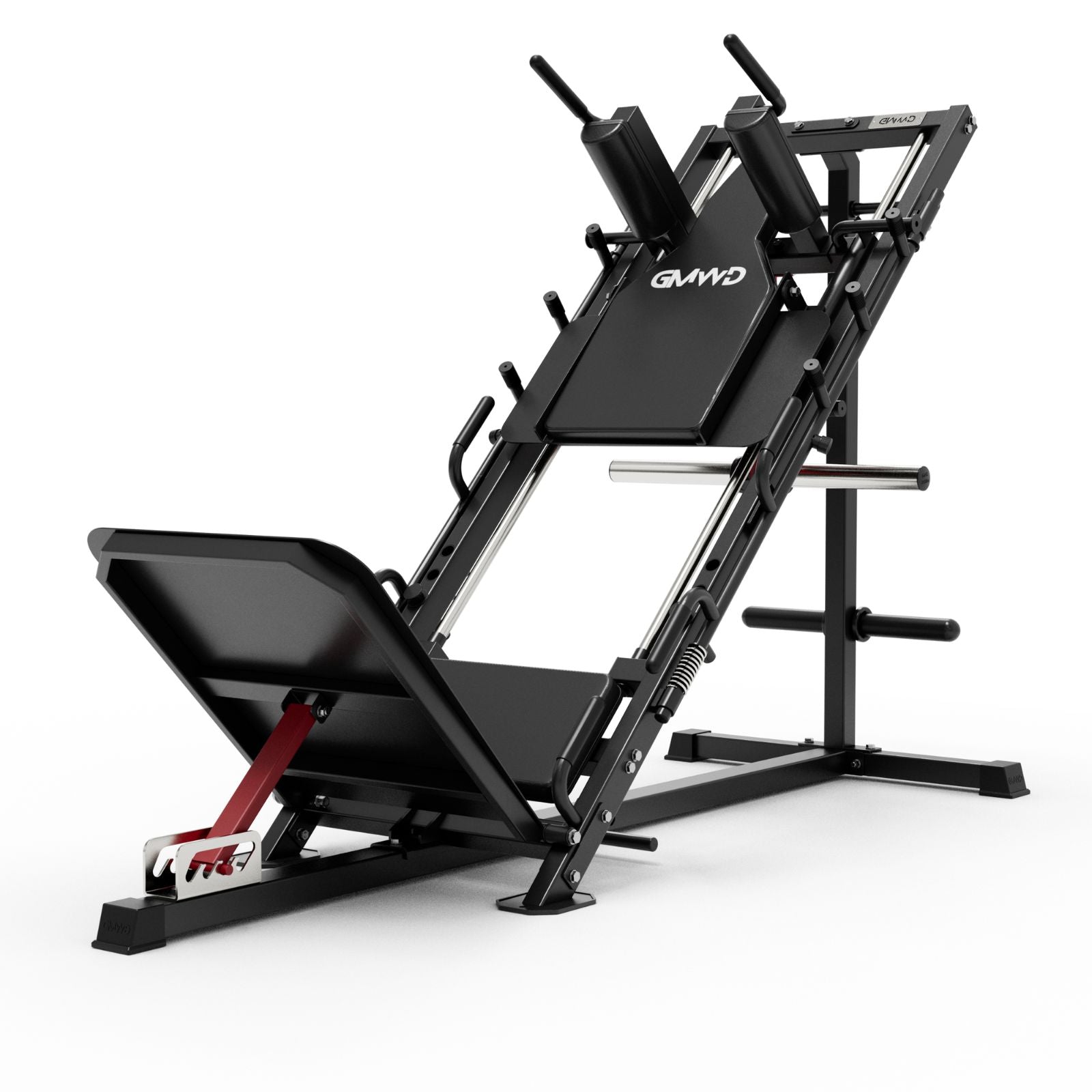


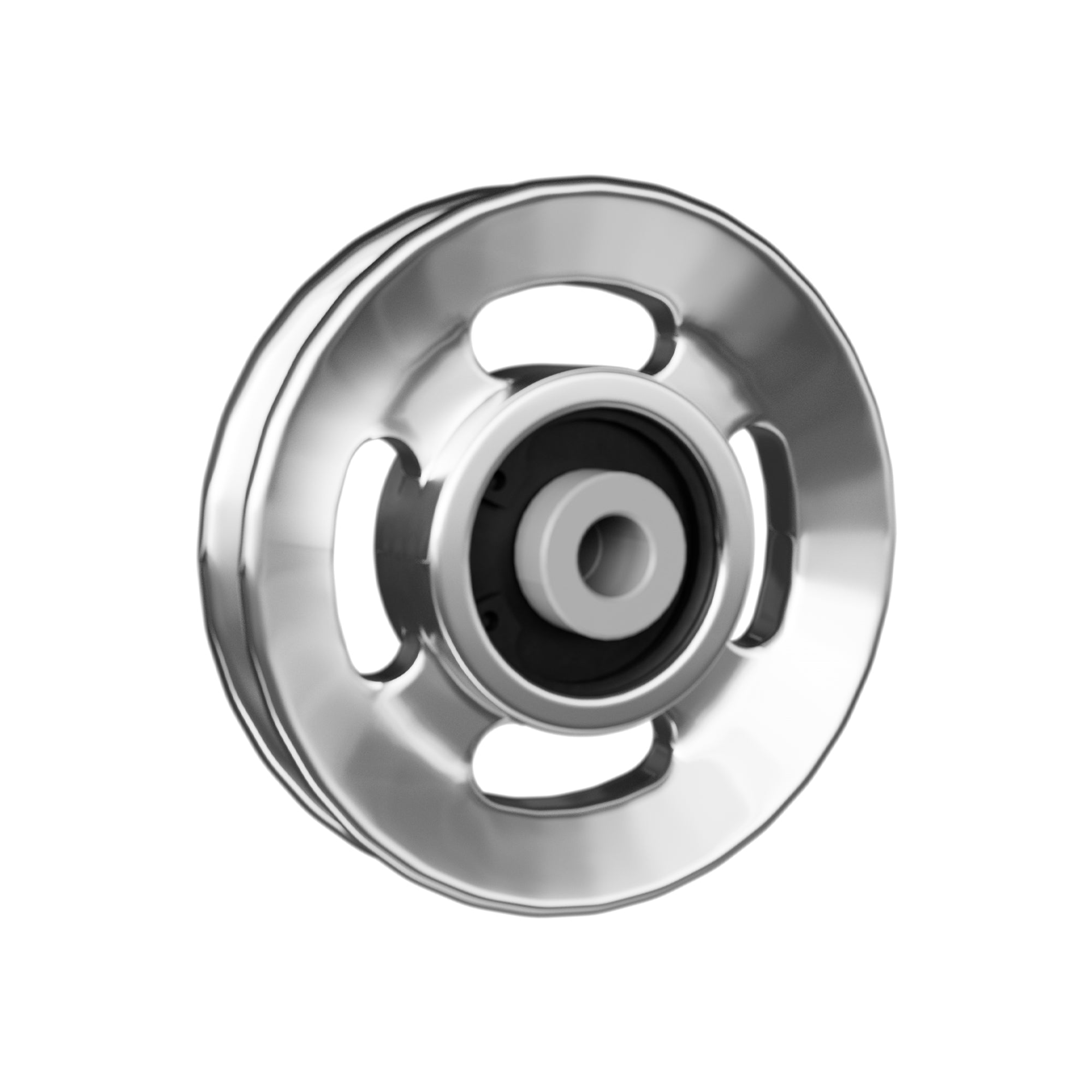
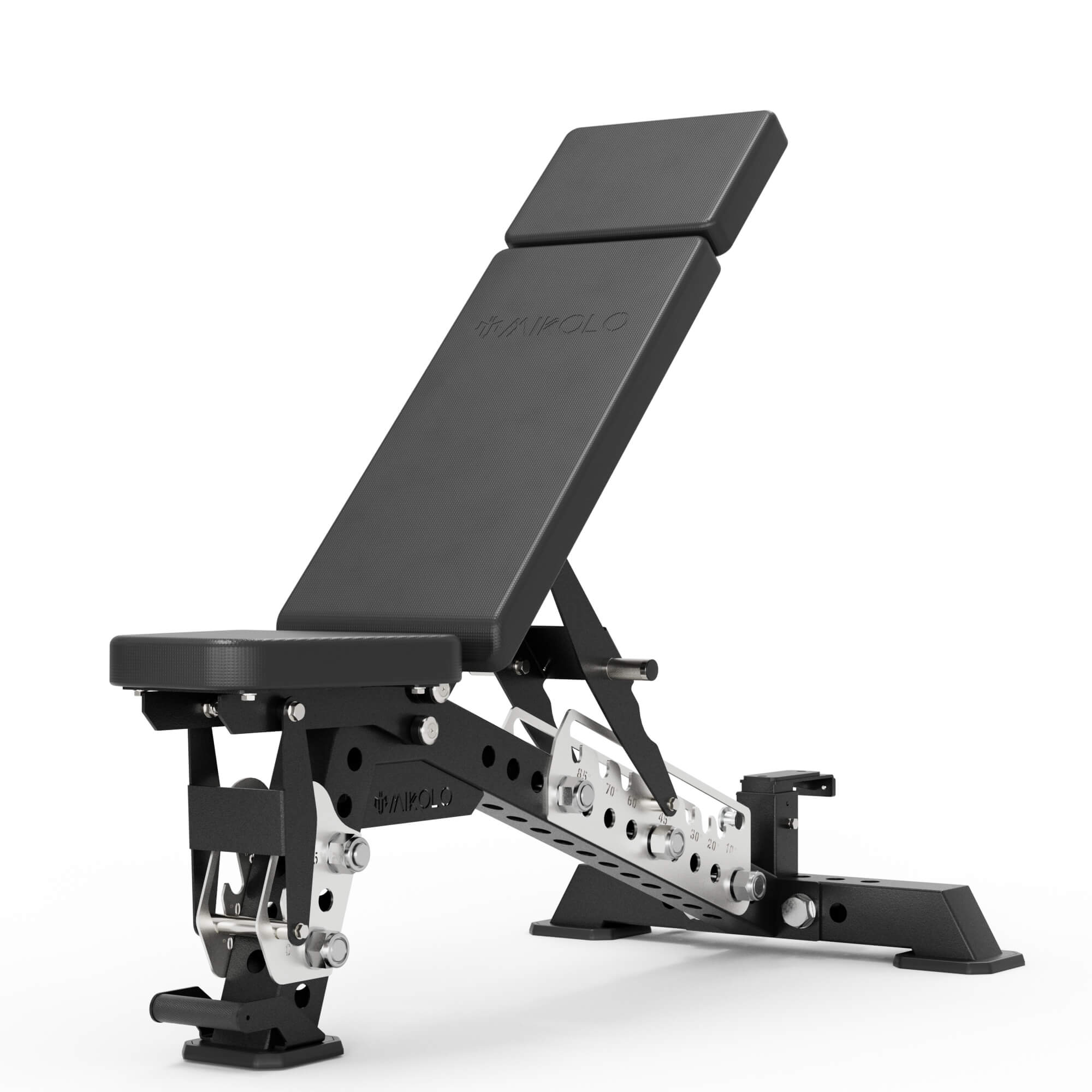
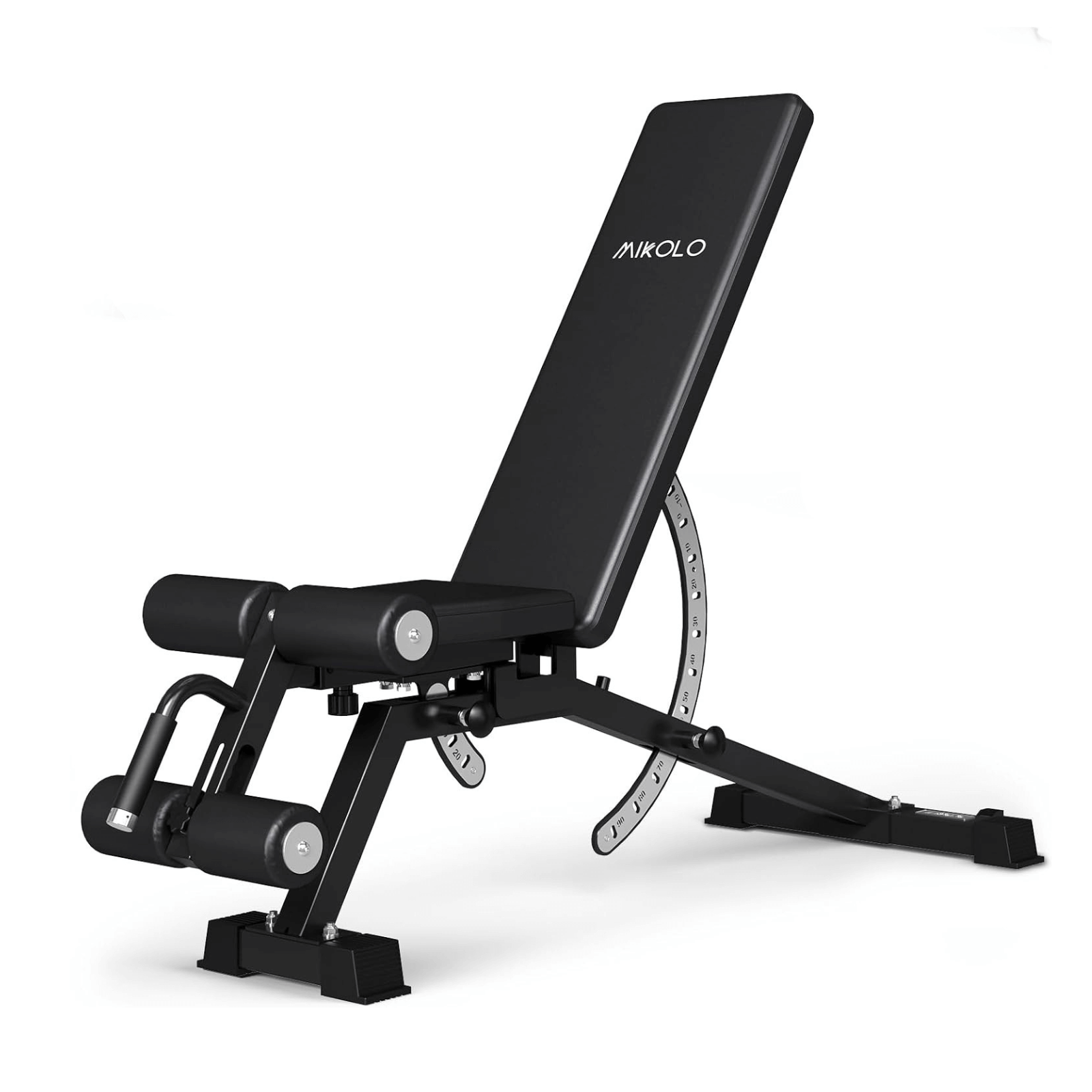




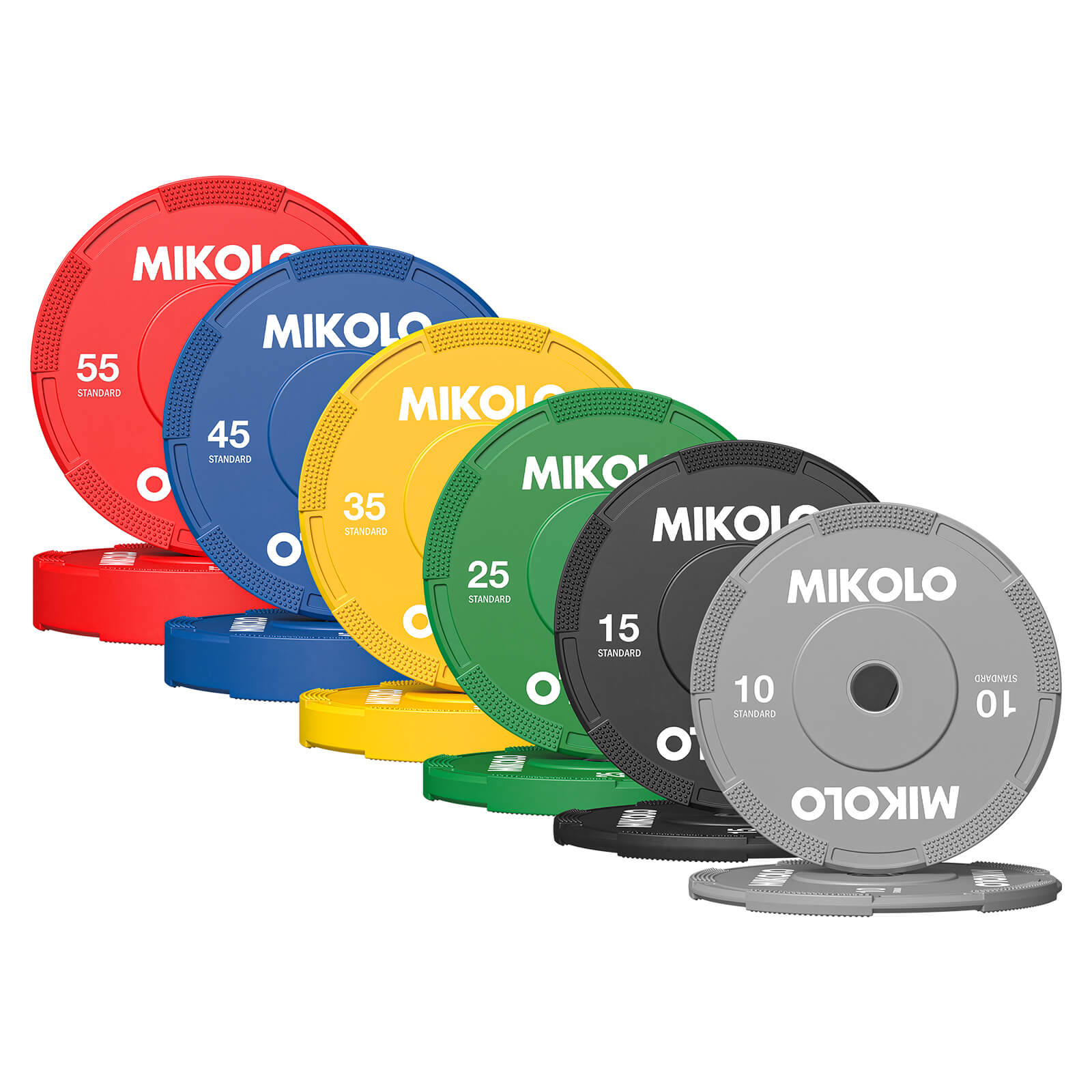

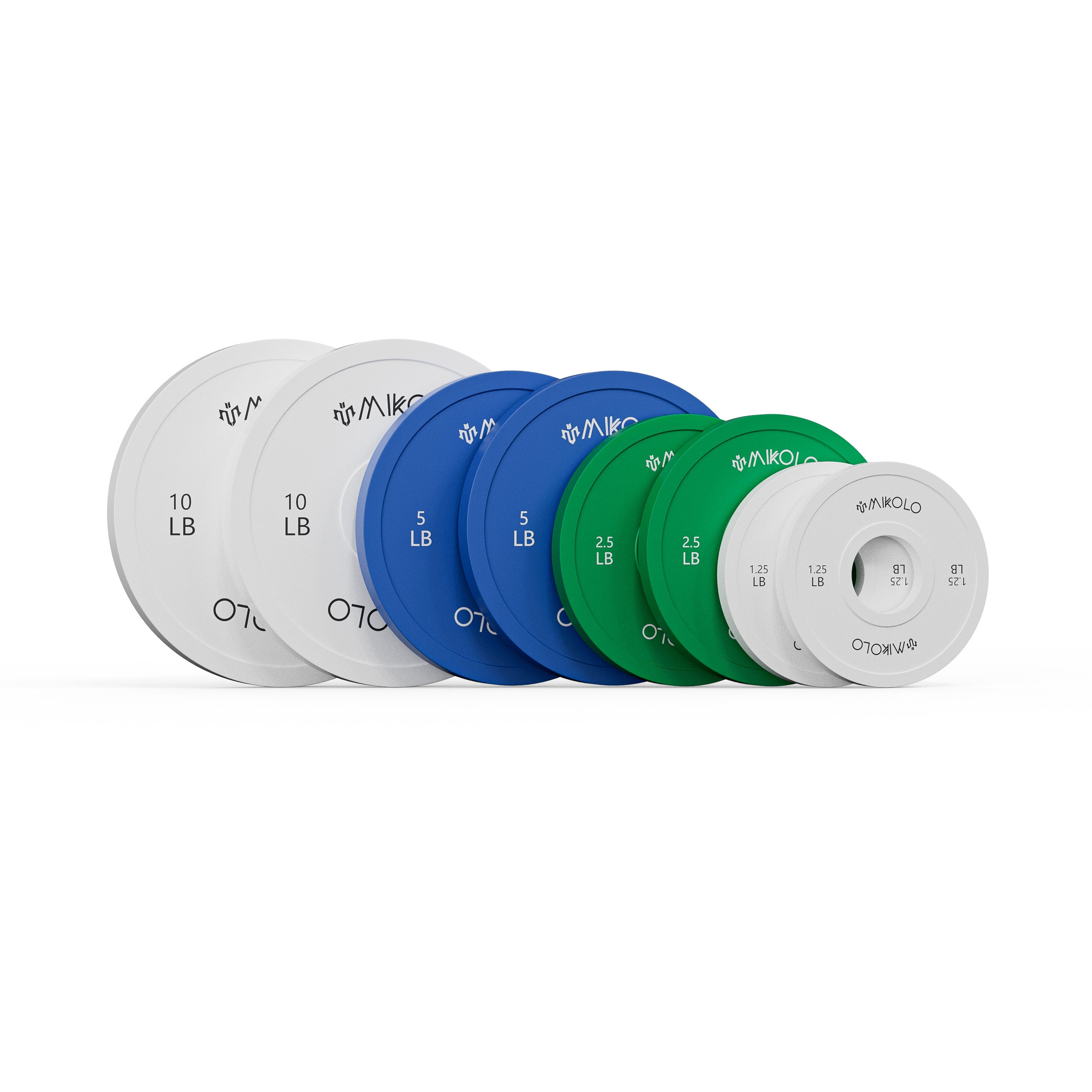









Leave a comment
This site is protected by hCaptcha and the hCaptcha Privacy Policy and Terms of Service apply.